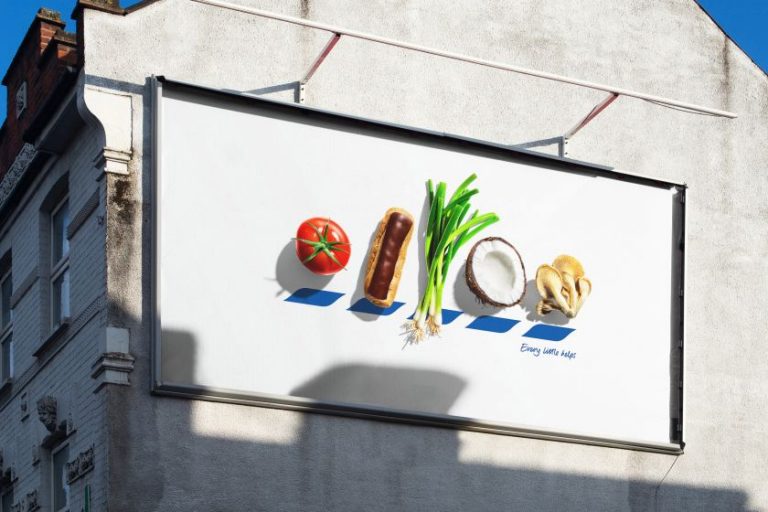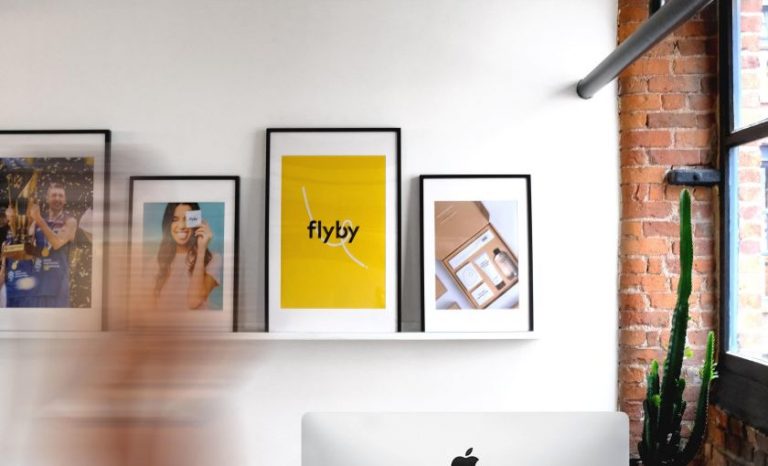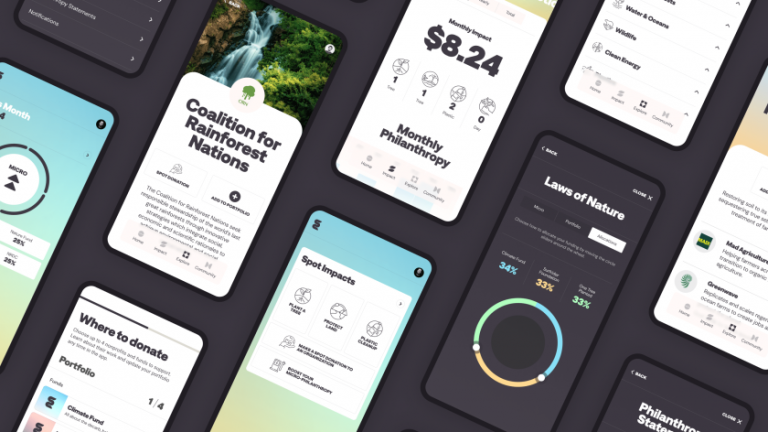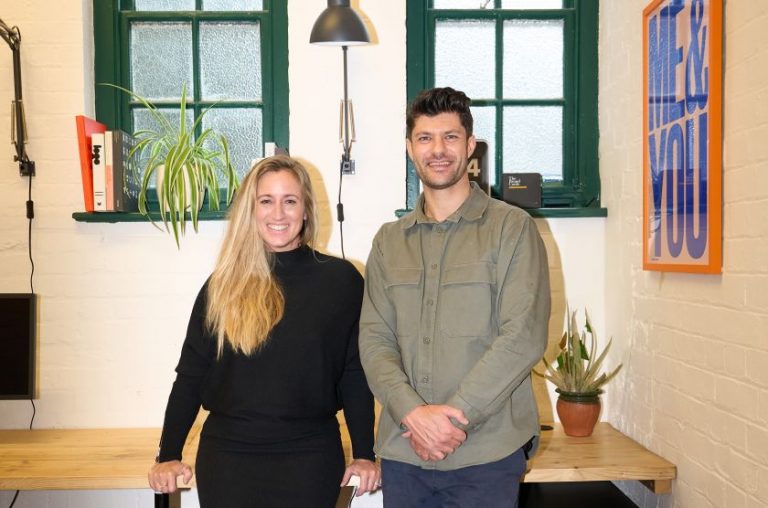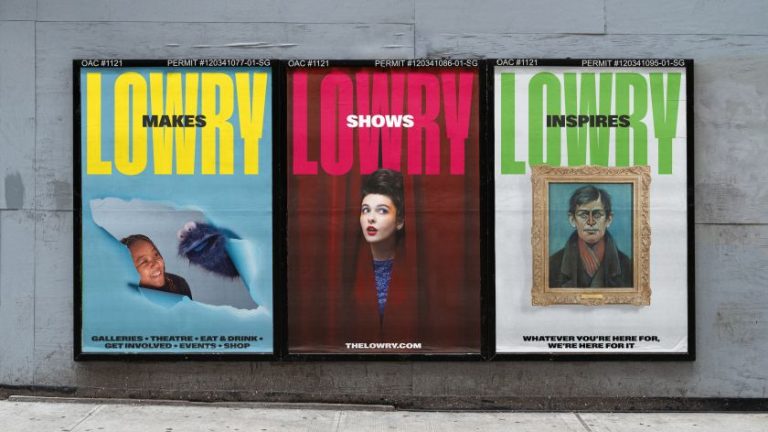Quebec-based illustrator and graphic designer Chad Grenier uses his beautiful illustrations as a means of connecting with other people and the world around him. We caught up with him to learn how he’s inspired by everything from Wes Anderson to his grandparents, as well as hearing how he stays focused on his creative ambitions.
Like most artists, Chad Grenier feels he’s following an inner calling. As well as being a way for him to discover himself, art also helps him conquer social anxiety and develop connections with other people. Any feelings of awkwardness melt away thanks to art, giving him the creative drive to make work that will amaze people.
“Making art always felt like the right thing for me to do,” he tells Creative Boom. “At a very young age, I knew I wanted to draw. I was already passionate and wanted to make a living from drawing. I was talented for my age as well.”
Surprisingly enough, though, Chad did not immediately pursue art as a career option. Initially, he toyed with the idea of being an architect, filmmaker, or even a guitarist. Still, it was a graphic design course booklet that would take him in a more artistic direction. “It said something along the lines of This course is great for you if you are a creative person,'” he adds.
“It was a three-year course, the path didn’t require university, and it was a quick way for me into the workforce. It felt like a realistic balance between what I like, what I’m good at, and what I could make a living from.”
This practical, career-focused approach underlines Chad’s work. As a creative, she argues that the best way to make a living from something you like is to “go all out for your dreams.” And if what you are pursuing is not your dream, Chad advises that you do not accept a compromise. “Pursue your dream fully and get a job that is completely unrelated to your dream to finance you,” he says. “Otherwise, your desire to follow your dream will negatively affect your work, and the need to meet specific demands for work will demotivate your ambitions.” Wise words.
As someone who studied graphic design, though, Chad accepts that this can include a wide spectrum of possibilities. “Some projects can feel very artistic, others not at all,” he says. “Through my experience in school, I always tried to make my projects personal. When we had a course in illustration, I began to understand that drawing as a job is possible.
“Graphic design was the path that led me to illustration and animation as well! Understanding how the programs work and how illustration can be integrated into the different products for the market are great things for any illustrator to know.”
Through his studies, Chad learnt about various artistic movements and studied how graphic design evolved. This led to an appreciation for copyists and printers with an artisanal process who put their whole soul into their work. “Even though graphic design is very automated and digital today, the best results come from the people that care about what they do, the ones that invest themselves fully in their projects,” says Chad. “You need to be in an inspired and determined state to make something good. If answering to specific needs for a client doesn’t bring you that, then you are only working for the money.”
Learning about text formatting, photo editing, animation and vectors proved enjoyable for Chad, and he discovered that using creative tools felt like a positive way to contribute to society. However, he thinks it is always more fulfilling to make work for yourself. “That’s the distinction I love about freelancing. You have to build your own brand, and the people that resonate with that brand are the best-suited people for your services. What’s great about this way of working is that the creatives follow their heart, and the clients just have to select the right person to work with.”
But it was discovering illustration which really opened up Chad to exploring his love of telling stories and evoking feelings in his audience. “I know there is supposed to be a distinction between illustration work and art,” he says. “One is more commercial and focused on communicating; the other is more about your feelings. I tend to disagree with that mindset; both are very intertwined. I like to think of illustration similarly as I would about art.”
Embracing illustration also allowed Chad to channel his immense array of creative influences. Everything from The Hitchhiker’s Guide to the Galaxy to Van Gogh and Fleetwood Mac inspires Chad; however, his biggest creative motivator is Wes Anderson. “When I watched Fantastic Mr. Fox for the first time, at seven years old, I knew that I was the target audience for that movie,” he reveals.
“One thing I think many people might get wrong about Wes Anderson is that they will only look to the surface, the ‘quirks’, or the art direction of his work. I admit I’m severely inspired by his style, the colours, the objects, the costumes, the dialogue, the humour and the music. To me, all those stylistic decisions are perfect and sublime. But this is not a style over substance scenario. I think the style only brings more depth and interest to the underlying stories and themes in his incredibly meaningful films.”
On a personal level, Wes Anderson speaks to Chad and helps him confront the all-too-common feeling of failure with which creatives have to wrestle. “I think the characters play the biggest part; they all seem confronted with failure and are dysfunctional in some way, yet they find their own ways to be proud of who they are. I think I’m quite the same.
“I think being a little crazy can be common in artists. Sometimes, I notice I can be bad at very simple things. That said, I think that is somehow linked to my interest in art. Art, for me, is a getaway, a place where I can make up all the rules. As long as I pursue art, I know I’m headed towards a fulfilling direction.”
Curiously, Wes Anderson ties into another big influence in Chad’s life and art: his grandparents. Describing how his visits to their apartment were some of the most “blessed experiences” in his life, it’s clear how his love for them has gone into his work. “For starters, my grandparents are probably the kindest, most humble, most generous, and most spiritual people I’ve ever met,” says Chad.
“Despite the challenges of old age, it seems like they are always great to be around and happy. Definitely commendable people. I would visit them by train about once a year with my mum, and they would also visit here in Quebec once a year. Each visit lasted about one week. My grandfather worked on the trains as a welder since the 1940s, and it’s because of him that I took the train so often, he paid for our train visits with points earned from loyal years of service at VIA Rail. When you’re a kid, everything is exciting; an adventure on the train is even more so!
“My grandparents’ apartment was nicely decorated. There, I could flip through the best picture books my family had, some dating back to the 1930s. This added an extra level of time travel to the experience.
“Running down the hall of the complex is another memory shared by my cousins. I remember the underground parking lot was also really neat, with warm golden lighting everywhere. The basement was on the same floor that had the indoor pool. It had a distinctive smell as you entered due to the chlorine and the cleaning products they used. The new floor cleaner product we have at my cleaning contract smells just like it and reminds me of those times. To summarise, the place could almost be a Wes Anderson set.”
Sadly, Chad’s grandparents no longer live in the same apartment, but he feels it is important to preserve these memories and carry them into his work. “I do try to make my work feel nostalgic, and a great part of my inspiration comes from reminiscing past emotions, past times, especially childhood,” he says.
“I’ve always been fascinated with childhood and how we learn, grow and change over time to become the people we are today. As we go through life, we all collect unique references. Everyone loves to share their favourite references, and I think art is the most effective method for me to share my own.”
These admissions are a change of form for Chad, who rarely talks about his artwork with people. “I think the best insight I get is when I compare my work to other work that inspires me,” he concludes. “I don’t want to get carried away feeling like my work is not as good. I also want to steer away from having unoriginal work. The key, I believe, is to focus on what makes you different from other people, use it as much as possible, and practice perfecting it.
“Even though I’m proud of how far my work has progressed, I must keep improving. When you get too proud of what you make, it can go to your head; then you can stop improving. Humility, I think, is one of the best qualities for improvement. Conversely, it’s also very easy to compare oneself to others and feel unsatisfied. Progress is most important; having a balanced satisfaction with your work is one of the most important things.”

